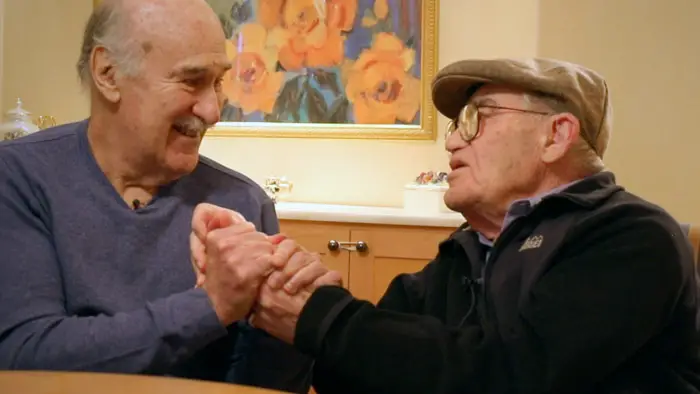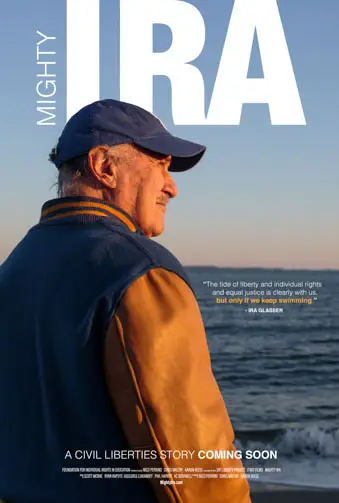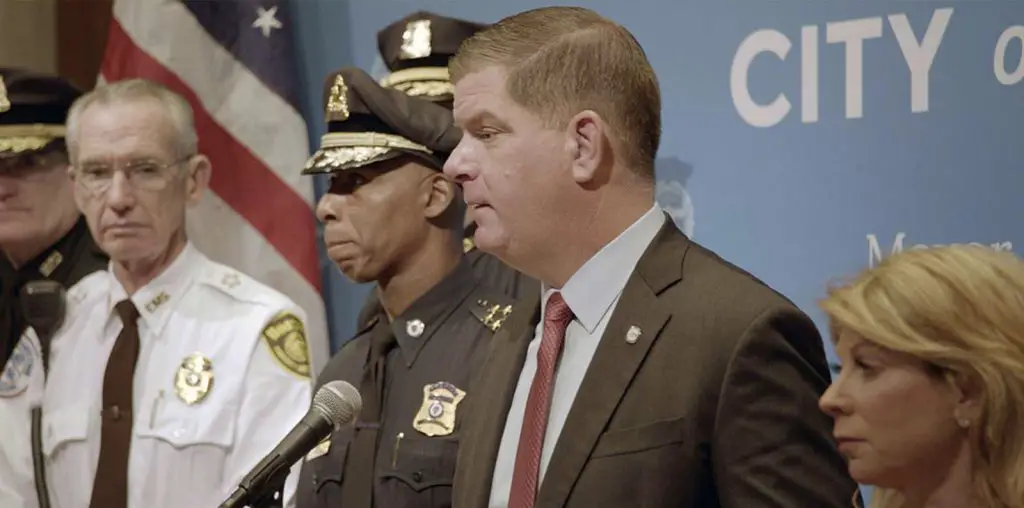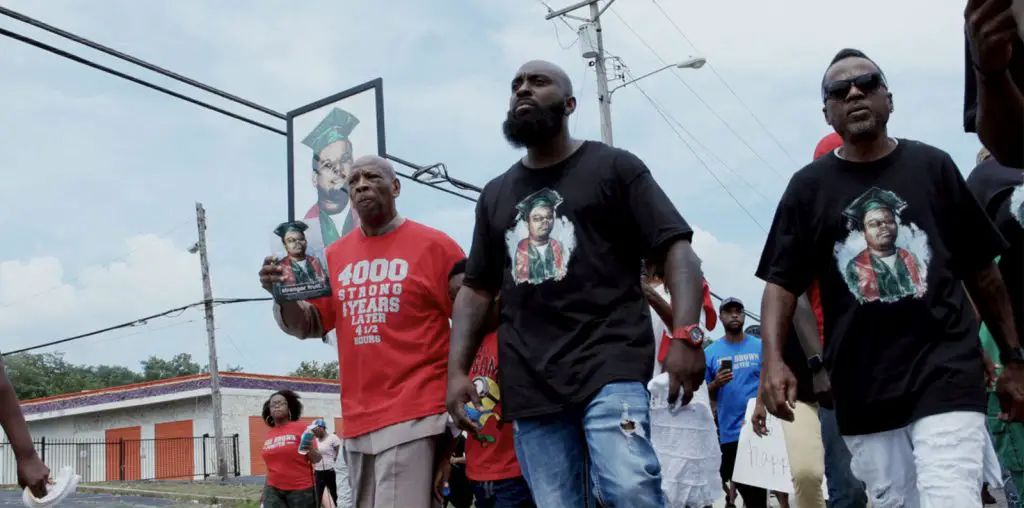
The question is raised: what kind of person would defend a Nazi? I think it was said best, as Glasser states, “I’m not defending Nazis. I’m defending the first amendment.” If you take away the free speech of a specific group because you don’t like them or agree with them, then who’s to say someone won’t take away your freedom of speech for the same reasons. Mighty Ira goes into great detail about the Skokie case and discusses the issue featuring a poignant moment between Glasser and one of the Holocaust survivors involved in the end.
As the popularity and importance of television grew, it appeared that the case in Skokie would not only be tried in a court of law but also in every home in America. Glasser and many of the participants would appear on national news and talk shows, including The Phil Donohue Show. It’s here that Glasser becomes a national figure, and he would debate many other subjects publicly, including abortion rights, gay rights, and the drug war.

“…his passion and commitment to fundamental civil rights and how he refused to let culture and public opinion sway that commitment.”
Mighty Ira also takes us back to when opposing politicos and media talking-heads actually got along as colleagues and sometimes friends. For over a decade, Glasser engaged in a public war with famous conservative William F. Buckley. Throughout his many television appearances, including Buckley’s show Firing Line, the two became close friends. They dined together, and Glasser would ultimately take Buckley on his first New York subway ride to his first baseball game. One day, the two adversaries would find themselves on the same side of the “War on Drugs” and battle as allies during an episode of Firing Line.
To me, Mighty Ira is an excellent and fascinating biography. The documentary is loaded with some fantastic archival footage and a wealth of Glasser’s television appearances. Better yet, we have access to Ira Glasser himself, and at 80-years-old still sharp as a tack. What I appreciate most about Glasser is his passion and commitment to fundamental civil rights and how he refused to let culture and public opinion sway that commitment. We should be thankful for his work and aspire to this level of commitment as well.

"…takes us back to when opposing politicos and media talking-heads actually got along…"


